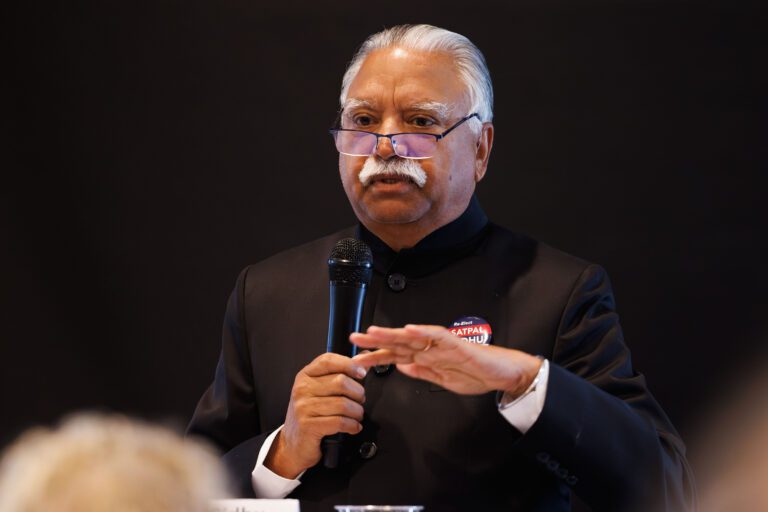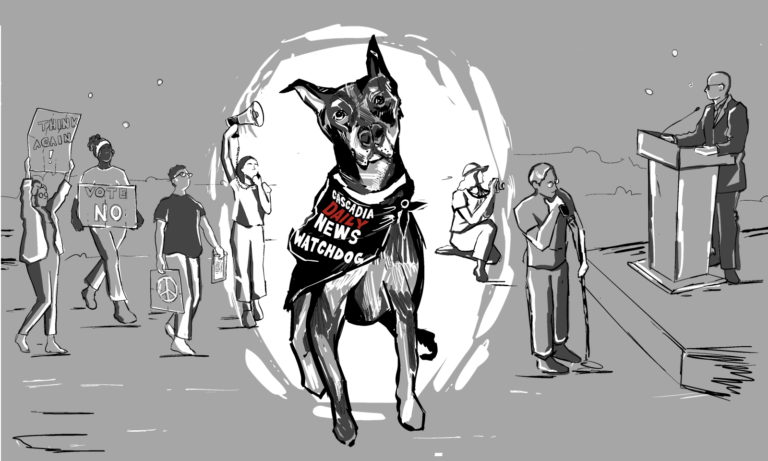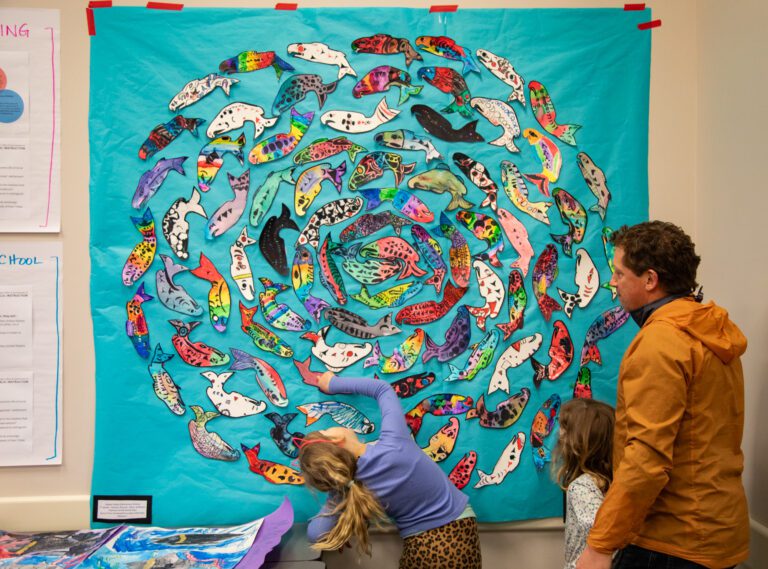Morgan Dykeman was one of many Whatcom and Skagit County residents who adopted a pet at the start of the coronavirus pandemic.
She took in a mixed-breed puppy in March 2020. While Dykeman continues to care for the dog she named Frankie, many residents are finding it difficult to support their new companions as pandemic restrictions are lifted.
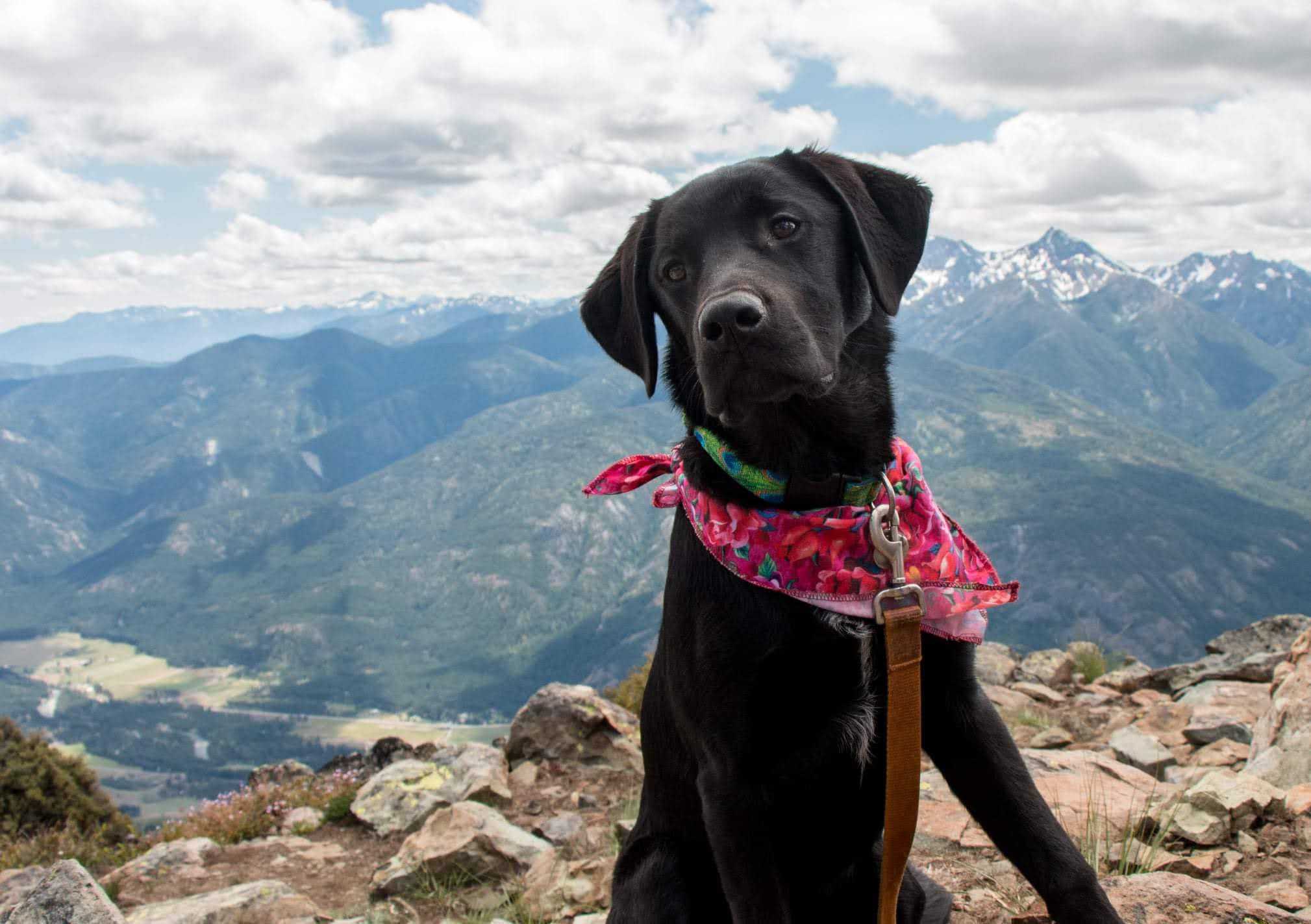 Morgan Dykeman’s dog Frankie atop Goat Mountain in Mazama. Dykeman adopted Frankie in March 2020 at the start of the COVID-19 pandemic. (Photo courtesy of Morgan Dykeman)
Morgan Dykeman’s dog Frankie atop Goat Mountain in Mazama. Dykeman adopted Frankie in March 2020 at the start of the COVID-19 pandemic. (Photo courtesy of Morgan Dykeman)
With pet care costs rising and people spending more time away from home, owners who meant well in 2020 are now finding they are unprepared to care for the animals they adopted to cope with isolation. As a result, the Whatcom and Skagit Humane Societies are receiving high volumes of animals that were adopted over the past two years.
“We’re seeing a significant increase in surrendered animals coming in,” said Laura Clark, executive director of Whatcom Humane Society. “Not just dogs and cats” but “guinea pigs, rabbits, and pretty much any animal you can think of that people get as pets.”
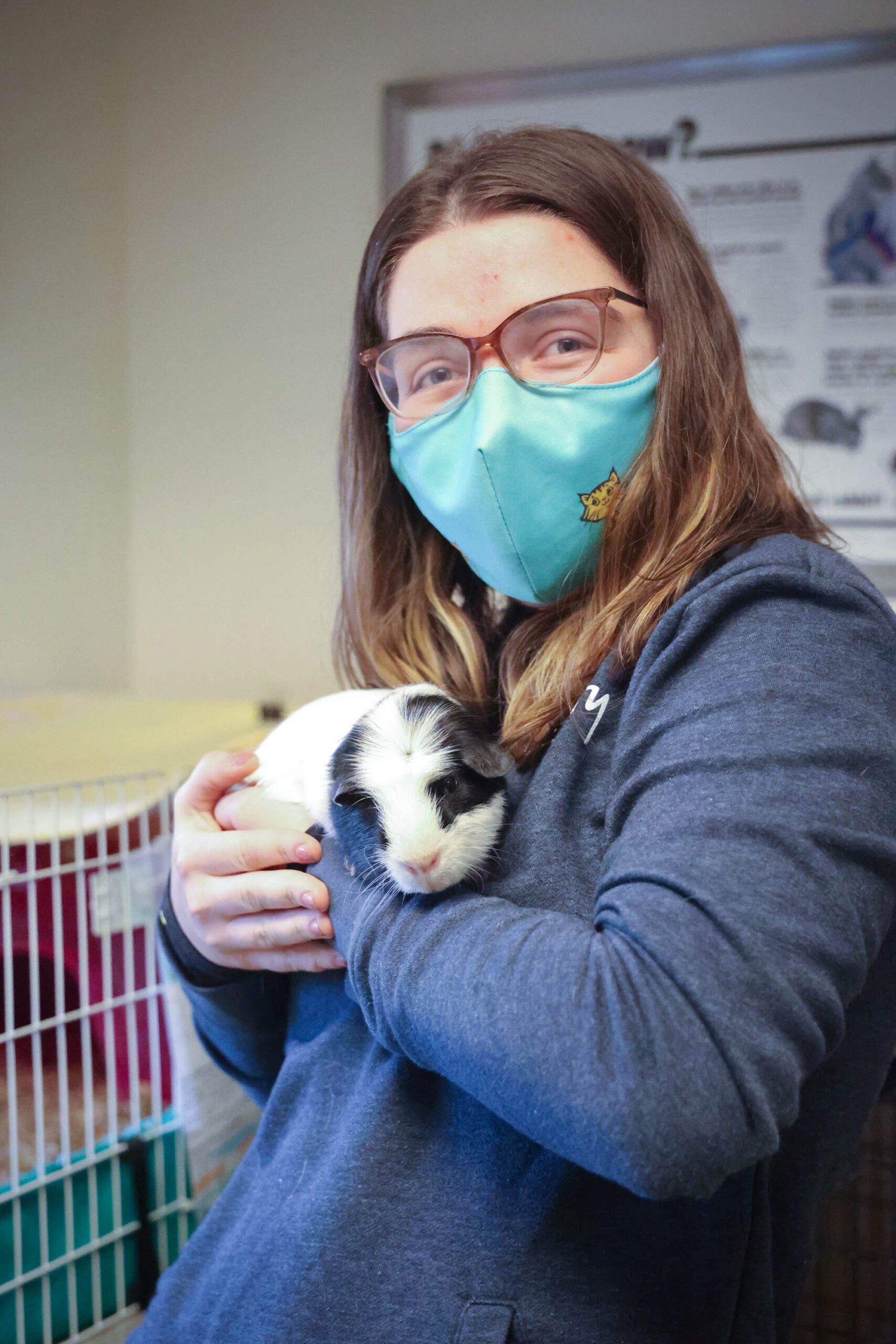 Auna Carter, outreach coordinator for Whatcom Humane Society, holds guinea pig Punxsutawney Phil at the shelter on Wednesday. (Victoria Corkum/Cascadia Daily News)
Auna Carter, outreach coordinator for Whatcom Humane Society, holds guinea pig Punxsutawney Phil at the shelter on Wednesday. (Victoria Corkum/Cascadia Daily News)
One in five American households adopted a dog or cat during the COVID-19 pandemic, the American Society for the Prevention of Cruelty to Animals found. But pets, particularly dogs, need to be trained and socialized with other animals and humans to learn good manners.
The isolating conditions of lockdown made that difficult. With social gatherings canceled and people confined to their homes, newly adopted dogs weren’t able to meet other humans or animals. Many dogs developed behavior issues as a result, Clark said.
“We’re not seeing happy-go-lucky puppies so much rolling through our shelter as we are dogs with significant behavior and medical conditions,” she said.
Clark said finding pet owners who can handle behavioral issues is an added challenge for the humane society.
Adoptions at Skagit Humane Society in 2021 were down 33% from the previous year. At the same time, the staff there has seen an increase in surrendered animals.
Janine Ceja, Skagit Humane Society executive director, attributed the problem to owners returning to work as well as financial constraints.
In 2020, Americans spent a record $103.6 billion on veterinary services and pet products, the American Pet Products Association reported. And veterinary care costs are increasing. The reasons behind the price hikes are complex, but the high cost of brand-name drugs and ongoing supply chain issues are two factors. Everything from medical equipment to spay and neuter procedures cost pet owners more this year than ever before.
For example, a dog spay that once was about $100 can cost up to $500, Ceja said.
The rising costs and a challenging economic climate might be leading to more people giving up their pets this year because they can’t afford the care, she said.
Ceja also worries the increased cost of spay and neuter operations will deter pet owners from putting their animals through the procedure. That could lead to more kittens and puppies that will need homes in the coming years.
“A dog can have up to three litters in a year,” Ceja said. “It’ll be interesting to see if the numbers escalate.”
Just as the cost of veterinary care is rising, so too is the demand for veterinarians. But clinics across the country are experiencing a decline in productivity as their staff work around COVID safety measures and labor shortages, the American Veterinary Medical Association reported.
That slowdown is forcing some pet owners to wait months for new patient appointments and routine visits. Ceja, for example, had to schedule a rabies vaccine for her dog six months out.
“This pandemic has definitely impacted our veterinary world, our medical world and our animal sheltering, as well,” Ceja said.
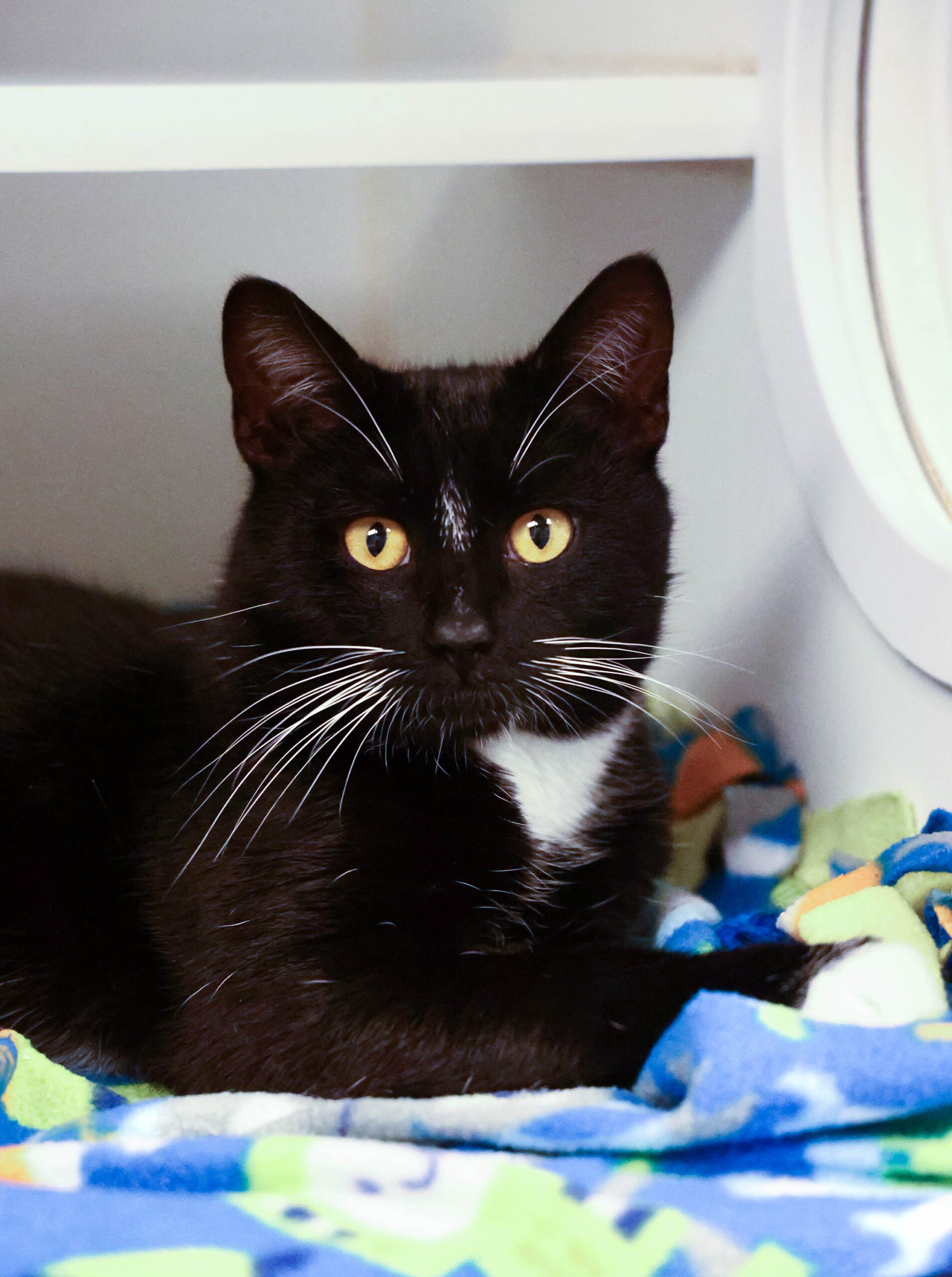 Tuxedo Moe, a young domestic short hair cat, peers out from his cubby at the Whatcom Humane Society on Wednesday. (Victoria Corkum/Cascadia Daily News)
Tuxedo Moe, a young domestic short hair cat, peers out from his cubby at the Whatcom Humane Society on Wednesday. (Victoria Corkum/Cascadia Daily News)
Both Ceja and Clark predict the current trends in increasing medical costs and pet surrenders will continue this year. As animals arrive, Clark and staff at Whatcom Humane are evaluating operational changes that will help them keep up with demand for their services.
“For all of the challenges, it’s still really rewarding to see people coming in and wanting to open their hearts and their homes to animals,” Clark said. “But folks do need to really be realistic before they take animals home and make sure that they can make a lifetime commitment to them.
“The animals deserve it.”


